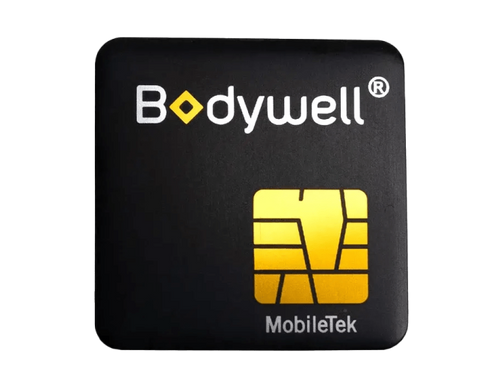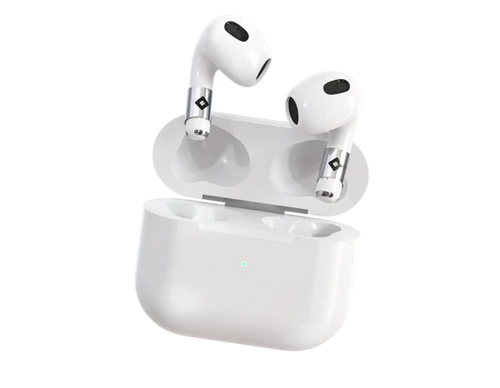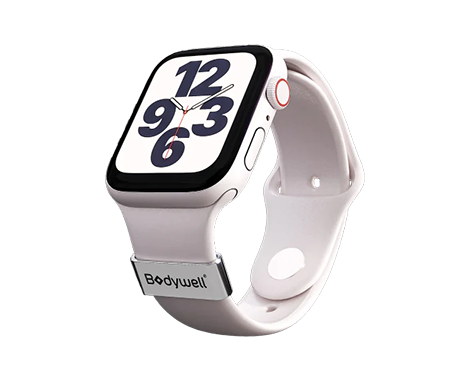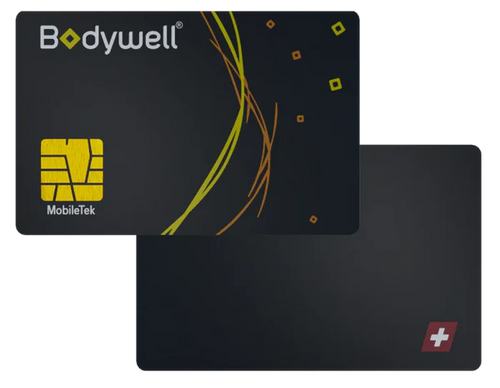This is for those who want to start (or grow) a family but they struggle with infertility.
If that's you, then join me on a quick trip across the Pacific…
This is Seoul, South Korea.

The city of Seoul used to be known for having one of the HIGHEST rates of babies being born in the world.
Back in the 1960s, the average woman in Seoul had around 6 kids.
Big families were normal.
But today?
Things couldn't be more different.
Seoul now has the LOWEST rate of babies being born on the planet.
With the average woman giving birth to less than ONE child.
0.64 to be exact.
Crazy, right?
How does a city go from one of the places where the most babies are born on Earth...
To a place where almost NO ONE is having kids anymore?
Well, it turns out...
The South Korean government has been working REALLY HARD to give the entire country access to super fast free WiFi.
Anywhere you go in Seoul, you can connect to the internet at really fast speeds.
In fact, Seoul has some of the fastest internet in the world.
Sounds great, doesn't it?
Well...not so fast.
Because according to a growing pile of studies...
All that WiFi might be hurting men's ability to have babies...
Because it emits a lot of radiation
Here's what research has shown so far:
- A 2014 review of 10 studies found cell phone exposure may negatively affect sperm quality
- A 2017 in vitro study showed decreased sperm motility and increased oxidative stress after exposure to cell phone radiation
- A 2018 review suggested a possible link between cell phones and impaired sperm parameters based on some human and animal studies
Even authority figures like Andrew Huberman are on record saying that they avoid putting their smart phones in their front pockets...
Because they're dangerously close to their genitals.
See, what radiation does is it slowly chips away at men's "swimmers."
Damages their sperm...
And makes it harder and harder to make a baby.
It's a worrying truth that we can't afford to ignore, especially as our world becomes more and more connected.
With 5G networks spreading out and the Internet of Things making everything from our fridges to our cars "smart," we're swimming in a sea of radiation like never before.
Of course, some people choose to avoid radiation all together.
They throw away their devices and they move to secluded places.
That's not what we recommend at Bodywell.
What we recommend is to keep using your devices...
But also reducing how much radiation your body absorbs from it.
Now, please let me be clear:
I'm not promising that our solutions will get rid of your infertility challenge.
Infertility is a complex topic that baffles even bright scientists.
The only thing I can promise is that our solutions will reduce radiation absorption, as we've shown in our studies.
If this helps you conceive, that's wonderful.
But we can't make any promises like that.
Hope this makes sense.
And if you're still interested, here are 3 of our solutions that I recommend to everyone:
-
Our 6-pack. It gives you 6 Bodywell chips to use on your devices... while leaving you with enough to share with your kids, grandkids, and loved ones. Plus, if you get it today, you can save up to $300 (getting 6 chips separately would cost you $599.94 vs the $299.94 of the pack)
-
Our 3-pack. You might not need 6 chips and that's OK. You can instead get 3 chips to attach to your kids' tablets and other devices... and you might have one left for you or another member of your family. Getting it today will save you $105, than if you bought 3 chips separately
- Our Biocard Pro. This is a great option if you already have one of our other solutions... and are looking for the next step to protect yourself or your loved ones from radiation. It easily slips into pockets, wallets, or bags. And it provides a safety net that guards you against EMF from the outside world.
Haim Einhorn
CEO, Bodywell USA











Leave a comment
This site is protected by hCaptcha and the hCaptcha Privacy Policy and Terms of Service apply.